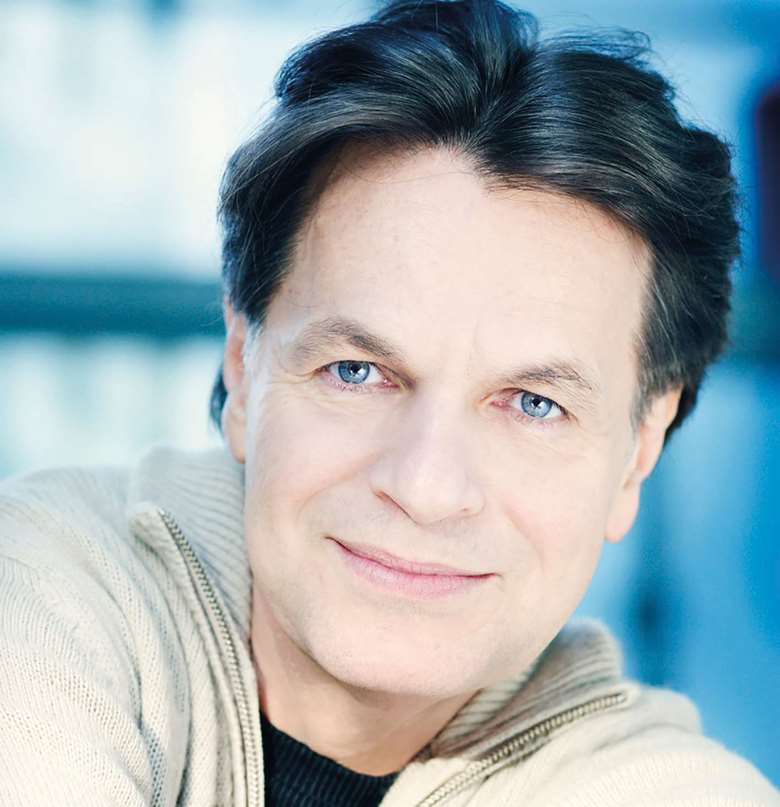Michel Béroff at 75: a pianist beyond borders
James Jolly
Thursday, April 17, 2025
With a milestone birthday on the horizon, James Jolly meets the pianist Michel Béroff to find out how this French musician forged a major reputation with a broad repertoire

Register now to continue reading
Thanks for exploring the Gramophone website. Sign up for a free account today to enjoy the following benefits:
- Free access to 3 subscriber-only articles per month
- Unlimited access to our news, podcasts and awards pages
- Free weekly email newsletter









